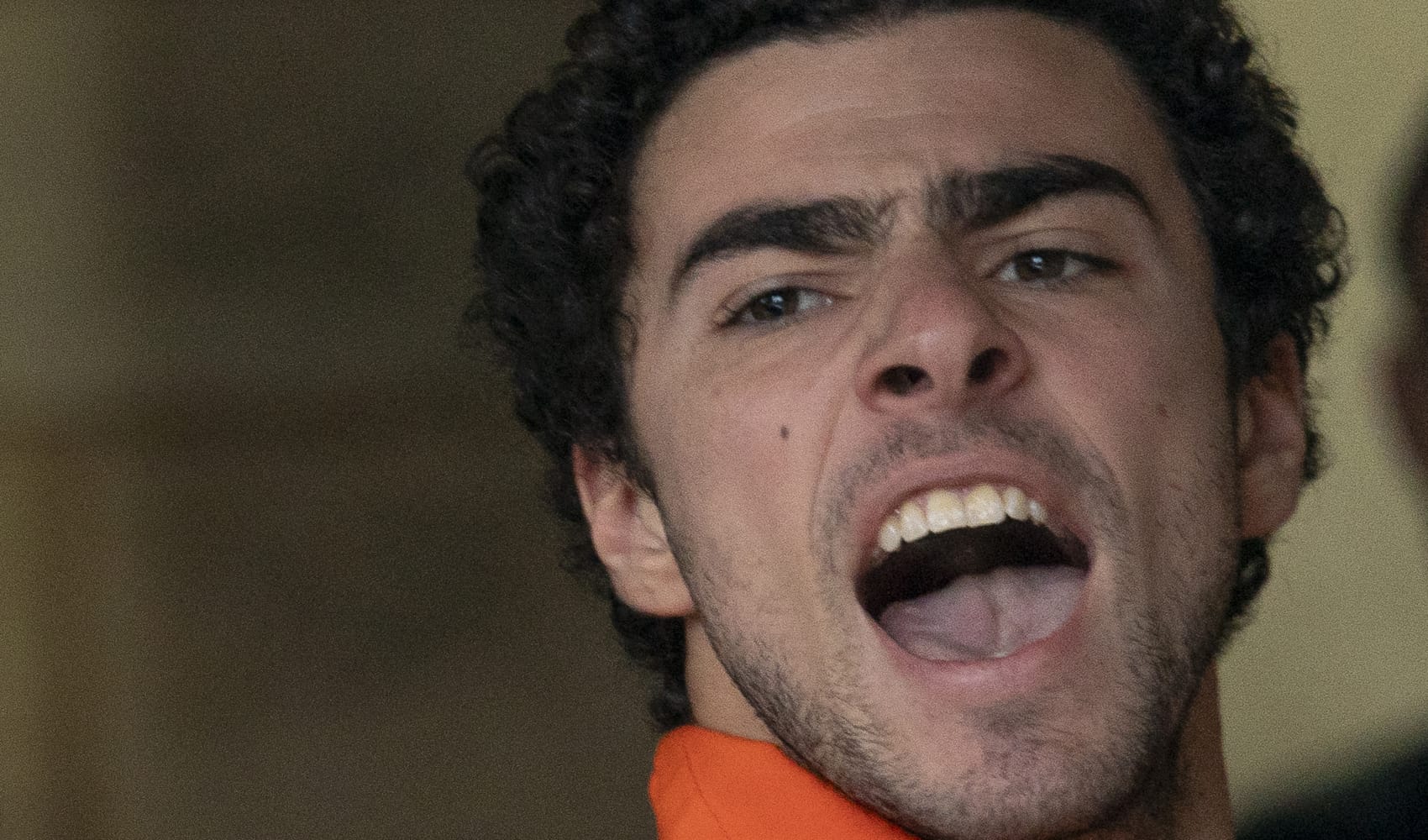
- The CDC's independent advisors have recommended the Jynneos vaccine for adults at risk of mpox in potential future outbreaks.
- The U.S. started using the Jynneos vaccine widely for the first time in response to the sudden outbreak last year.
- Once limited to Africa, mpox has spread widely around the world and has caused more than 30,000 cases and 32 deaths in the U.S.
- New cases in the U.S. have declined dramatically since the peak in August.
The Centers for Disease Control and Prevention's independent advisors on Wednesday unanimously recommended administering the two-dose Jynneos vaccine to adults at risk of mpox in the event of future outbreaks, following last year's unprecedented epidemic.
The U.S. started using the Jynneos vaccine, made by the Danish company Bavarian Nordic, widely for the first time last summer after the Biden administration declared a public health emergency in response to the sudden spread of mpox domestically. The virus has historically been limited mostly to West and Central Africa, but has now spread to more than 100 countries.
"It's important to state that an mpox outbreak will be determined by public health authorities, and a single case may be considered an mpox outbreak at the discretion of the public health authority," said Dr. Pablo Sanchez, head of the CDC committee's mpox workgroup.
Dr. Agam Rao, an officer in the public health service, said the vaccine could be deployed in the future if mpox is introduced by a traveler or through imported animals, or if a community needs to be immunized as a preventative measure due to spread of the virus in a nearby location.
"Local health departments, state health departments, federal can all make that determination of what is considered an outbreak," Rao said. "If there's a single case in the United States from a traveler, then that might be enough."
The advisors' recommendation on Wednesday was not specific to men who have sex with men, the community most affected in the current epidemic. Although mpox is primarily spreading through sexual contact right now, Rao said it's unclear how the virus would transmit in a future outbreak and what communities might be most affected.
Money Report
The CDC advisors will meet again in June to discuss using the Jynneos vaccine for kids at risk of mpox in future outbreaks. The U.S. is currently offering the vaccine to adults and adolescents who are at risk in the current epidemic.
Studies found two doses of the Jynneos vaccine were at least 66% effective in preventing mpox, though other examinations found the shots' effectiveness was as high as 83%. The effectiveness of a single dose ranged from 36% to 86%, depending on the study.
It's still unclear how effective the vaccine is for people with weak immune systems, which is crucial given that 53% of people with mpox in the U.S. who disclosed their HIV status were positive.
The CDC is not currently recommending vaccination for people who have recovered from mpox because they should develop immunity from their illness, Rao said. It is unclear whether people may need a booster dose at some point, though a study is being conducted in the Democratic Republic of Congo to help answer that question, Rao said.
Serious side effects from the vaccine were rare among adults and none were identified among children, according to the CDC. Seven cases of myocarditis and pericarditis, forms of heart inflammation, were reported. The CDC has not found an increased risk of heart inflammation after vaccination but has also not ruled it out.
More than 30,000 cases of mpox have been confirmed in the U.S. since May 2022. About 8% of people who caught the virus were hospitalized, and 32 died.
New cases have declined dramatically since the peak in August due to a successful vaccination campaign and more awareness about what precautionary measure to take. Though the U.S. lifted the public health emergency in January, Rao said the current outbreak is not over.
Dr. Jamie Loehr, the owner of Cayuga Family Medicine in Ithaca New York, said "this is a common disease."
"Even now at its lowest we still have two cases per week, which is higher than we have per year in the past few years," Loehr said.
Mpox generally isn't fatal for most people, though it is often extremely painful, with lesions forming on sensitive areas such as the genitals.
People with severely weakened immune system, particularly those living with HIV, face a much higher risk of severe disease and even death. Scientists found that the fatality rate for people with advanced HIV who contracted mpox was 15% in a study of 382 cases published in The Lancet on Tuesday.
More than 1 million doses of Jynneos have been administered during the current outbreak. The Food and Drug Administration approved the Jynneos vaccine in 2019 to prevent smallpox and mpox, which are related viruses.
The World Health Organization last year changed the name of the virus, originally called monkeypox, to reduce stigma.
Join CNBC's Healthy Returns on March 29th, where we'll convene a virtual gathering of CEOs, scientists, investors and innovators in the health care space to reflect on the progress made today to reinvent the future of medicine. Plus, we'll have an exclusive rundown of the best investment opportunities in biopharma, health-tech and managed care. Learn more and register today: http://bit.ly/3DUNbRo






